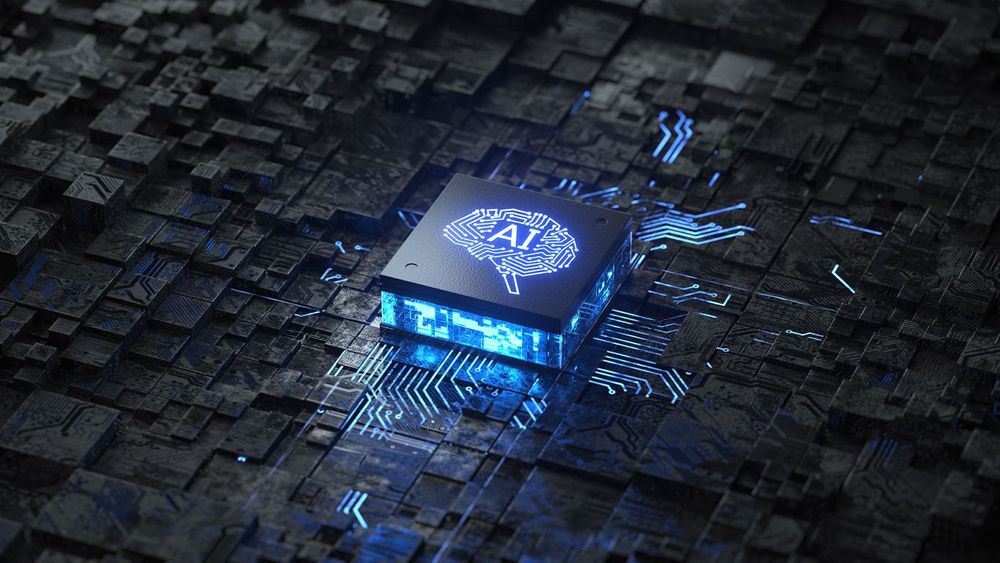
In the 1980's, people imagined the 21st century to be a fully robotic world. And while we haven't lived up to the lofty dreams of flying cars and robot doctors, the world is highly automated. AI is everywhere, and that means your job interview could be automated. As technology advances, more and more companies switch to AI methods of screening and even hiring job applicants.
When you go in for an interview, you could be doing more than appealing to a room full of people. If you have a recorded interview, third-party video software could be analyzing your every move. Software is capable of screening the facial expressions, intonation, and speech of job applicants.
As crazy as this might sound, more companies are using artificial intelligence to sift through job applicants. They ask individuals to complete assessments and video recordings but don't let the applicants know an algorithm is behind the hiring process. According to estimates, 83% of companies in the US use AI as part of their hiring processes.
One reason for this dependence on AI is the increase in job applications. When people used to come into a business to submit their applications, there were only a few candidates to screen. But the internet makes it easy for people to apply for multiple jobs at a time. For one opening, an employer could have thousands of applications. They need technology to help them go through some of the applicants.
Although AI technology has its benefits, it's not the same as human intuition or interaction. In a traditional interview, the hiring manager might have a gut feeling about you. They could choose to hire you despite a lack of education or experience, all based on their gut feeling. However, a machine isn't able to see past its algorithm or design.
Instead, artificial intelligence screens candidates based on predetermined criteria. Video software could screen interviews, and resume bots might look for certain keywords in resumes. If you don't know what the artificial intelligence is looking for, you could miss out on a job offer.
There are several issues with using AI in the hiring process. In 2018, Amazon tried using a machine to score job candidates. They discovered the machine discriminated against women. Since then, it's been no secret that bias is an issue with AI recruitment.
That said, there could be bias whether or not artificial intelligence is a part of the hiring process. Humans are just as biased, if not more biased, than AI. Even though you may not be aware of your biases, you have them.
AI could be a way of regulating biases. Because hiring managers are aware of the AI's bias and they know that it's consistent, they can account for that during the hiring process. It's impossible to do that with humans because everyone has their own predispositions.
So, what can you do to cope with artificial intelligence in your job search? If you really have concerns, you can sign up for an online course. Some colleges have classes on completing AI interviews. Taking a class could ease some of your anxiety and make you feel more confident on the day of the interview.
There are a few things you can do on your own to prepare. For instance, you might want to optimize your resume for resume bots. Scan each job listing for a few important keywords and use those words in your resume. When the resume bots look at your document, they'll move you forward to the next step.
Another way to prepare is to do your research. Before the interview, come up with a list of questions. Think of your achievements, and be sure to discuss them during the interview. And you might think that AI doesn't care about your personality, but this isn't true. Typically, AI considers an applicant's personality as part of the puzzle.
With online assessments, job applicants try to manipulate the system. Even if it's unintentional, you might answer the questions the way you think an employer wants you to. However, doing so is a mistake. You shouldn't treat the hiring process like a game. It's crucial to be honest and to be yourself. In your efforts to play the system, you may not come across as a good job candidate.
Just like you would prepare for any other job interview, spend time getting ready for this one. Research the company and the role you want in the company. If you can incorporate some of the things you learn during the interview, you will make a good impression.
You should also prepare for the day by practicing common interview questions.if you give vague answers or wander too much from the topic, you probably won't get a job offer. Practice your answers until they sound clear, concise, and believable.
Finally, make sure you have the right technology for the interview. If you will have a virtual interview or a phone call, test out your device before the interview. A broken microphone or busted speaker could throw you off. If you don't have the right technology for the interview, borrow a device from someone who does.
Perhaps the most important thing to remember is that human interaction matters. While the data from artificial intelligence plays a role in the hiring process, it hasn't replaced human interaction. You'll still deal with people from the company, and those interactions are essential. If you make the right impression, you could get a job offer.
Now that you know what to expect from AI during the job search, you don't need to fear it. Start applying for work and follow the tips above to improve your chances of a positive interaction with AI.
Lorem Ipsum is simply dummy text of the printing and typesetting industry. Lorem Ipsum has been.
